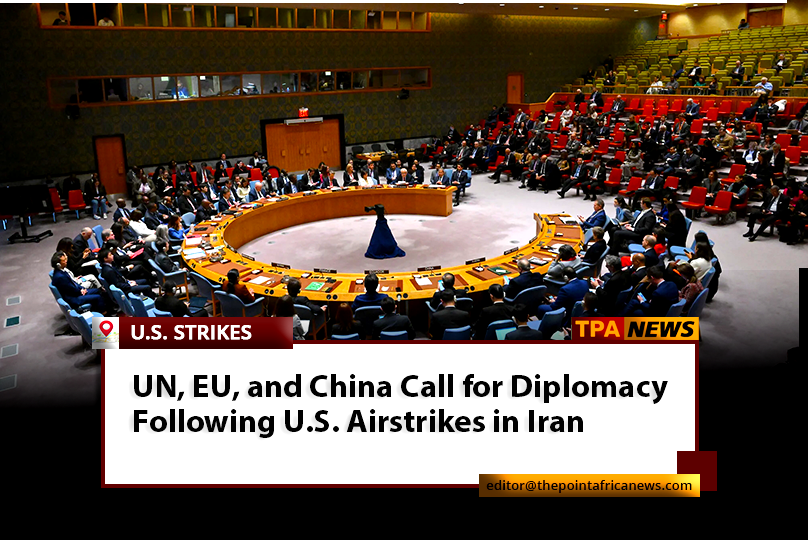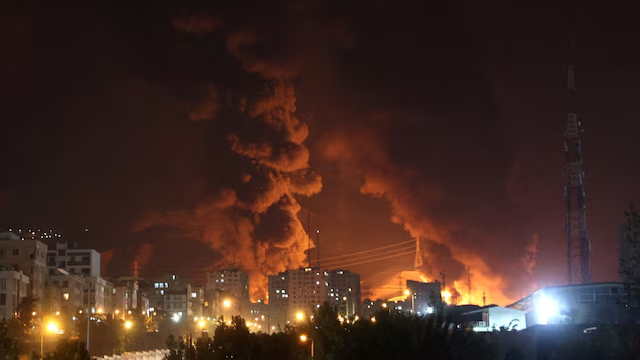
Washington, D.C. – The United States’ precision airstrikes on Iran’s nuclear sites have sparked a wave of diplomatic reactions around the world, with many nations warning of the potential for a full-scale regional conflict. The U.S. operation, which targeted Iran’s Fordow, Natanz, and Isfahan nuclear facilities, has been described by President Donald Trump as “highly successful.” The Pentagon confirmed the use of B-2 stealth bombers and bunker-buster bombs in what was framed as a preemptive action to disrupt Iran’s nuclear capabilities.
Iran confirmed the attacks on its nuclear infrastructure and described them as a violation of international law. Iranian Foreign Minister Abbas Araqchi condemned the strikes as “outrageous,” stating that Tehran “reserves all options” in response. While the Atomic Energy Organization of Iran reported that the sites had been evacuated before the attacks, minimizing radiation risk, it insisted that nuclear operations would continue.
The United Nations responded swiftly, with Secretary-General António Guterres warning of a “dangerous escalation” and urging both Washington and Tehran to step back from confrontation. “Diplomatic channels must be reopened immediately,” the UN stated, adding that the potential for wider conflict posed a serious threat to global stability.
Israeli Prime Minister Benjamin Netanyahu openly welcomed the operation, confirming that it had been fully coordinated with Israeli defense authorities. He called the strikes “historic” and described them as a “righteous” response to Iran’s growing threat in the region. Israel remains on high alert amid concerns over possible retaliation from Iran or its allied militias in Lebanon, Syria, and Iraq.
European leaders expressed deep concern. In Brussels, EU foreign policy chief Josep Borrell urged all parties to avoid further escalation. He said the European Union would push for an emergency UN Security Council session to assess the crisis. France, Germany, and the United Kingdom echoed the need for restraint, criticizing the absence of multilateral coordination before the U.S. strikes.
Russia and China issued strong condemnations. The Russian foreign ministry accused the U.S. of “flagrant aggression” and warned that Washington’s actions undermined global non-proliferation efforts. China called for calm and urged both nations to return to the negotiating table. Both countries reaffirmed their support for a diplomatic solution to Iran’s nuclear program under international frameworks.
Reactions across the Arab world were divided. Saudi Arabia and the United Arab Emirates offered cautious support for the U.S. action, blaming Tehran for destabilizing the region through its proxy forces. Meanwhile, Iraq and Lebanon condemned the airstrikes, citing fears of broader instability and civilian casualties.
In Latin America, Venezuela and Cuba denounced the attack as “imperialist aggression,” calling for solidarity with Iran. These statements were echoed by several non-aligned countries, warning against the use of force without UN authorization.
Meanwhile, the global economy responded with jitters. Oil prices surged sharply, and airlines began rerouting flights away from Iranian airspace. Several major stock markets opened lower on concerns over regional security, while energy and defense sector stocks saw immediate gains.
By: Staff Reporter | editor@thepointafricanews.com








Leave a Reply